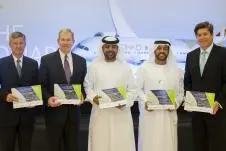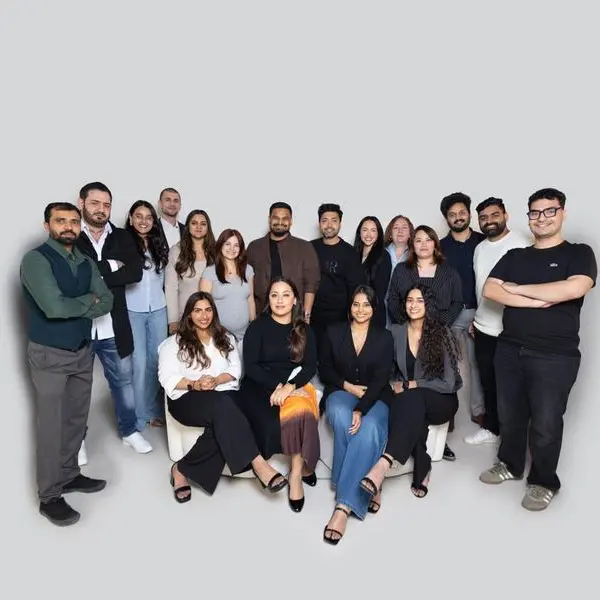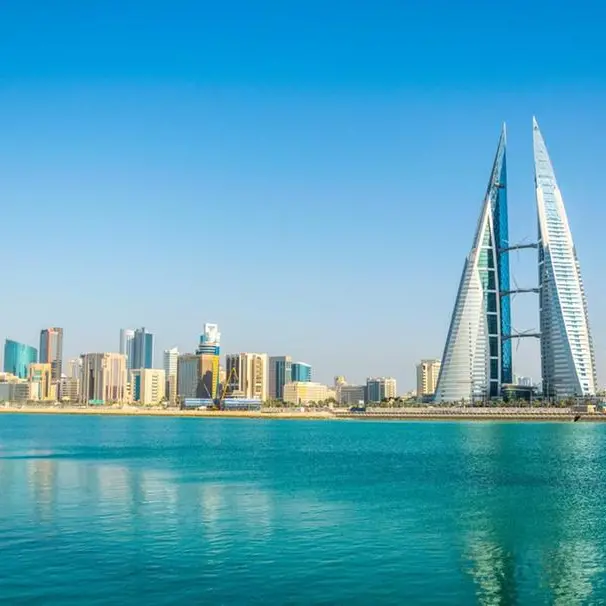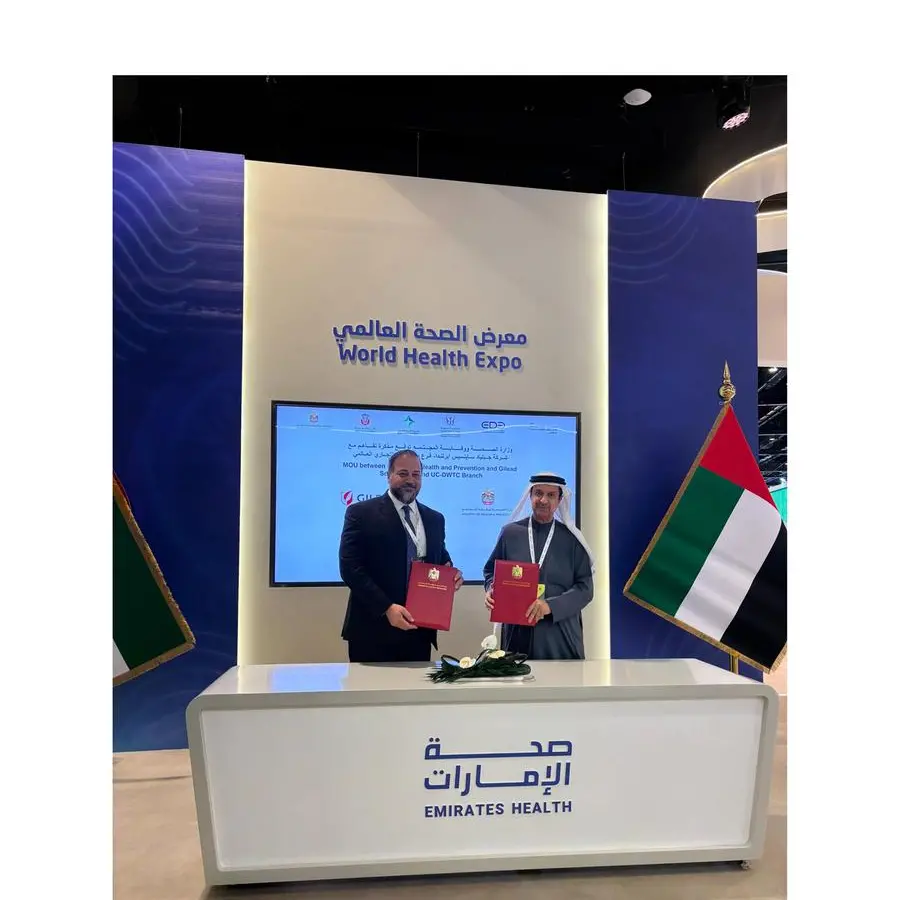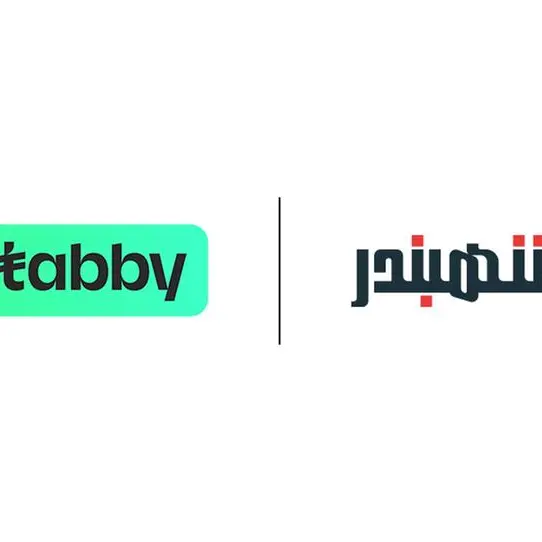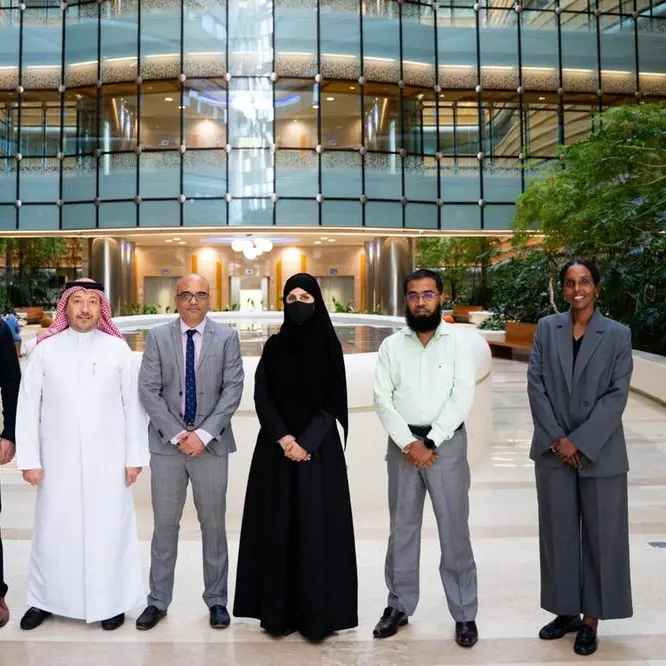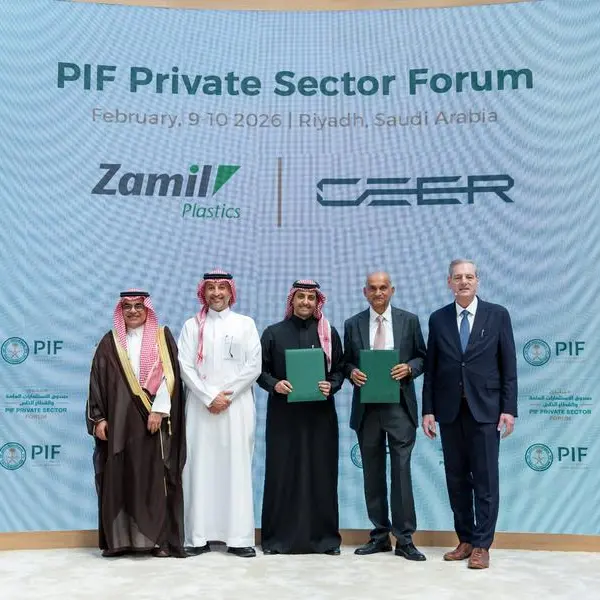PHOTO
June 11, 2015
Etihad Airways, together with Boeing, Total, Takreer and the Masdar Institute of Science and Technology, today launched a joint industry roadmap for the sustainable production of aviation biofuels in the United Arab Emirates. The BIOjet Abu Dhabi: Flight Path to Sustainability report outlines a set of recommended industry actions to create a commercially viable domestic aviation biofuel industry - a first for the Middle East.
The BIOjet Abu Dhabi roadmap is the culmination of an extensive year-long dialogue between Etihad Airways, its four BIOjet Abu Dhabi partners, and UAE and global stakeholders. It explains Abu Dhabi's potential to produce aviation biofuel locally, in a sustainable way, taking account of all elements of the supply chain from feedstock supplies to biorefining and distribution.
James Hogan, President and Chief Executive Officer of Etihad Airways, said: "The industry's licence to grow can only be granted if we find and implement ways to lower the carbon footprint of commercial aviation.
"Together with our partners, we are proud to present our roadmap to encourage greater commitment from the industry and local community in establishing a sustainable biofuel supply chain in the UAE - the next logical step in Abu Dhabi's renewable energy commitments. The formation of a viable UAE aviation biofuel industry in Abu Dhabi presents significant opportunity for the capital's ongoing economic diversification initiatives."
The roadmap explores how a supply chain can be established in the UAE through the exploration of sustainable feedstocks, new infrastructure requirements and necessary policy frameworks. It clearly indicates that Abu Dhabi holds significant potential to supply domestic feedstocks for use in aviation biofuel.
Bernie Dunn, President of Boeing Middle East, said: "BIOjet Abu Dhabi represents a key opportunity for the UAE to create the environment needed to innovate in ways that support long-term sustainable growth for commercial aviation here and around the world."
Jasem Ali Al Sayegh, Chief Executive Officer of Takreer, said: "The development of a biofuel supply chain complements our future plans to meet the rapidly growing demand for jet fuel at both a local and regional level, and is in line with the ADNOC sustainability policy."
Bernard Clément, Senior Vice President of Total New Energies, said: "Total is committed to better energy. As a long-term partner of Abu Dhabi and responsible oil and gas producer, Total is pleased to assist the Emirate in the diversification of its energy mix by developing innovative collaborations around new energy projects and fostering the development of efficient, reliable and sustainable aviation biofuel solutions."
The BIOjet Abu Dhabi roadmap builds on local research undertaken by the Sustainable Bioenergy Research Consortium, led by the Masdar Institute, whose flagship project is the Integrated Seawater Energy and Agriculture System (ISEAS). ISEAS is an initiative to develop a unique form of agriculture, producing food and energy products on traditionally non-arable desert land irrigated with seawater. The pilot ISEAS facility is currently under construction within Masdar City.
Dr. Fred Moavenzadeh, President, Masdar Institute, said: "In order to commercialise these technologies, efforts such as BIOjet Abu Dhabi are essential. Through the knowledge that our researchers have contributed, we are pleased to be supporting the establishment of this industry and progressing the UAE's economic diversification and innovation priorities."
The concluding action plan identifies opportunities, challenges and concerns in the commercial scale-up of domestic biofuel production, and will require the commitment of all stakeholders in addressing these.
-Ends-
Note: The BIOjet Abu Dhabi Roadmap report is available for download here:www.etihad.com/csr
About Etihad Airways
Etihad Airways began operations in 2003, and in 2014 carried 14.8 million passengers. From its Abu Dhabi base, Etihad Airways flies to 110 existing or announced passenger and cargo destinations in the Middle East, Africa, Europe, Asia, Australia and the Americas. The airline has a fleet of 116 Airbus and Boeing aircraft, and more than 200 aircraft on firm order, including 69 Boeing 787s, 25 Boeing 777-X, 62 Airbus A350s and eight Airbus A380s.
Etihad Airways holds equity investments in airberlin, Air Serbia, Air Seychelles, Aer Lingus, Alitalia, Jet Airways, Virgin Australia, and Swiss-based Etihad Regional, operated by Darwin Airline. Etihad Airways, along with airberlin, Air Serbia, Air Seychelles, Alitalia, Etihad Regional, Jet Airways and NIKI, also participate in Etihad Airways Partners, a new brand that brings together like-minded airlines to offer customers more choice through improved networks and schedules and enhanced frequent flyer benefits. For more information, please visit: www.etihad.com
About Boeing
Boeing is the world's largest aerospace company and leading manufacturer of commercial jetliners and defense, space and security systems. A top U.S. exporter, the company supports airlines and U.S. and allied government customers in 150 countries. Boeing products and tailored services include commercial and military aircraft, satellites, weapons, electronic and defense systems, launch systems, advanced information and communication systems, and performance-based logistics and training.
Boeing collaborates with airlines, research institutions, governments and other stakeholders to commercialise sustainable biofuel around the world, including in the United States, Middle East, China, Brazil, Europe and Australia. For more information, please visit www.boeing.com/boeing/aboutus/environment/
About Abu Dhabi Oil Refining Company (TAKREER)
Abu Dhabi Oil Refining Company (TAKREER) was established in 1999 to take over the responsibility of refining operations from ADNOC. The operations cover the crude oil and condensate refining and supply of petroleum products.
TAKREER' s main objective is to develop the refining industry in Abu Dhabi which started with the inauguration of Abu Dhabi Refinery (earlier known as Umm Al Nar) in 1976 and Ruwais Refinery in 1981. Both refineries have a name plate capacity of 490,000 barrels per day.
Takreer produces Liquefied Petroleum Gas (LPG), Naphtha, Gasoline (91, 95 & 98 Octane), Jet-A1, Domestic Kerosene, Diesel, Liquid Sulphur and Bunker fuel.
The refining capacity of the Company will be doubled at the end of the second quarter of 2015 when the new state-of-the-art conversion refinery in Ruwais becomes fully operational.
About Total
Total is a global integrated energy producer and provider, a leading international oil and gas company, and the world's second-ranked solar energy operator with SunPower. Our 100,000 employees are committed to better energy that is safer, cleaner, more efficient, more innovative and accessible to as many people as possible. As a responsible corporate citizen, we focus on ensuring that our operations in more than 130 countries worldwide consistently deliver economic, social and environmental benefits.
Total is a longstanding partner of the United Arab Emirates, with a presence dating back to 1939. The Group has accompanied Abu Dhabi in the development of its oil and gas resources and has built a strong presence, reflected in the size and diversity of its assets and partnerships. Total also offers its expertise in renewable energy to the Abu Dhabi authorities and contributed to the launch of Shams 1, the first utility-scale commercial solar power plant in the Middle East and currently one of the world's largest concentrated solar power plant. For more information www.total.com
About Masdar Institute of Science and Technology
The Masdar Institute of Science and Technology (Masdar Institute) was established by the government of Abu Dhabi as a not-for-profit, private graduate university to develop indigenous R&D capacity in Abu Dhabi addressing issues of importance to the region.
In collaboration with the Massachusetts Institute of Technology (MIT), Masdar Institute has developed an academic and research platform that articulates its mission and vision according to critical energy and sustainability challenges. An important characteristic of Masdar Institute is its focus on complex real-world problems that require a multidisciplinary approach for the development of solutions from an integrated technology, systems and policy perspective. This multi-interdisciplinary and integrated approach is supported by the structure of its academic programs and by the emphasis placed on engaging external partners from industry, government, and other academic institutions in collaborative activities.
Serving as a key pillar of innovation and human capital, Masdar Institute remains fundamental to Masdar's core objectives of developing Abu Dhabi's knowledge economy and finding solutions to humanity's toughest challenges such as climate change.
Masdar Institute integrates theory and practice to incubate a culture of innovation and entrepreneurship, working to develop the critical thinkers and leaders of tomorrow. With its world-class faculty and top-tier students, the Institute is committed to finding solutions to the challenges of clean energy and climate change through education and research.
Please visit our website http://www.masdar.ac.ae/
For more information contact:
Robeel Haq
Etihad Airways Corporate Communications
Tel: + 971 2 511 1429 / Email: RHaq@etihad.ae
Jessica Kowal
Boeing Commercial Airplanes Environment Communications
Tel: + 1 206 660 6849 / Email: jessica.m.kowal@boeing.com
Fakher Daghestani
Boeing Middle East Communications
Tel: + 971 50 6254855 / Email: fakher.a.daghetsani@boeing.com
Brian O'Neill
Total Middle East Communications
Tel: +971 4 7095015 / Email: brian.oneill@total.com
Nada Mussallam
Takreer Public Relations Department
Tel: + 971 2 602 7033 / Email: nmussallam@takreer.com
Keith Parker
Masdar Institute Communications Department
Tel: + 971 02 8109386
Email: kparker@masdar.ac.ae
© Press Release 2015
